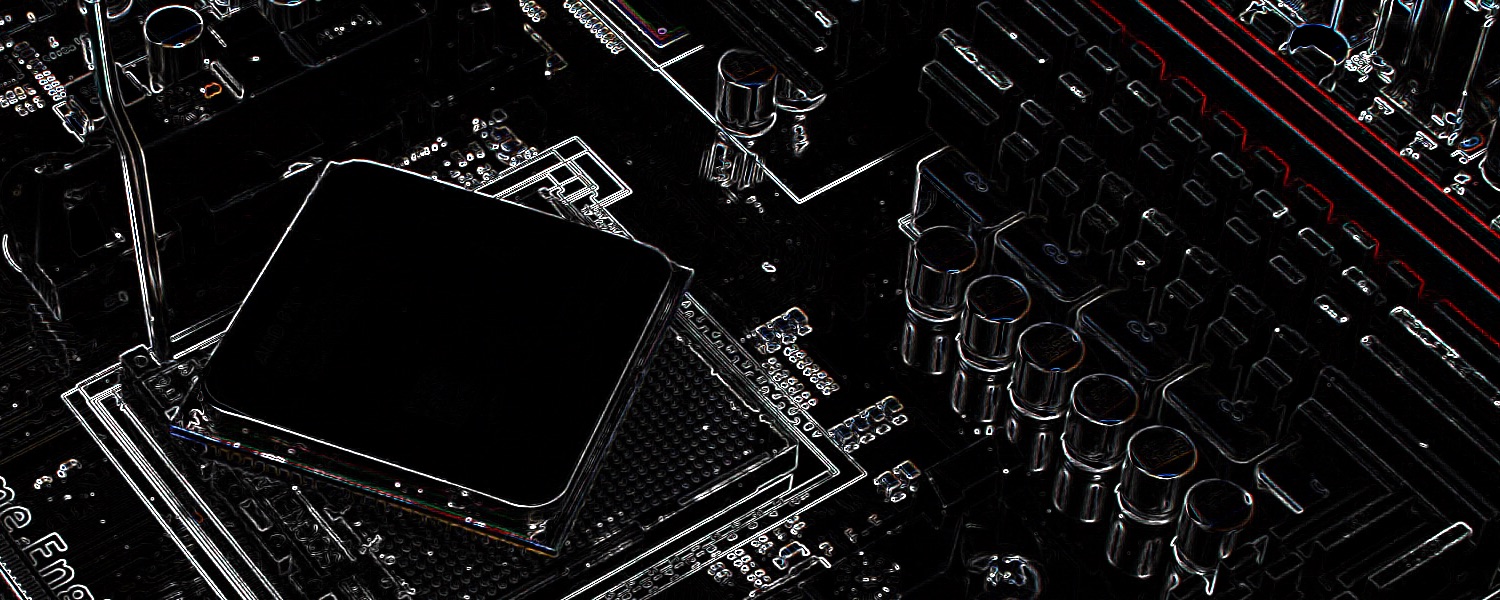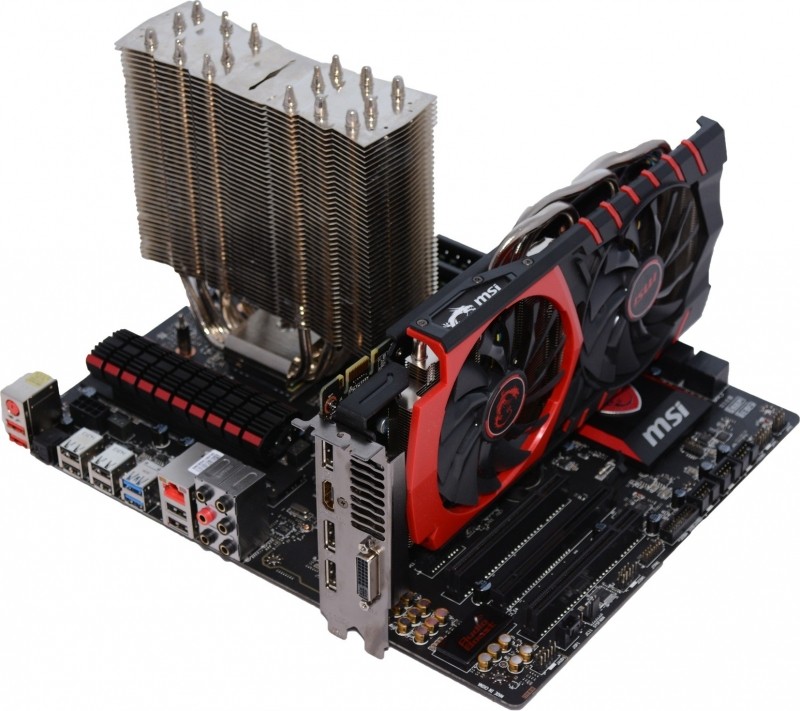Final Thoughts
It should be clear that picking the right CPU depends on what you're going to do with it, so it isn't simply a matter of telling you which one is best. Intel tends to attract buyers who value the company's more powerful and efficient cores while plenty of folks favor the overclockability of AMD's budget parts, particularly the new $150 FX-8320E.
The FX-8320E can be pushed well beyond its starting frequencies as we hit 15% over the maximum turbo boost and 44% over the base clock. However, as substantial as that may sound, it only produced 16% more performance in our application tests and 7% in our encoding and gaming benchmarks, which isn't enough to best Intel's offerings.
When gaming with the FX-8320E clocked at 4.6GHz it was still slower than the stock Core i3-4360 on average in the four games that we tested and Intel's i3 was also quicker in HandBrake and TMPGEnc Video Master Works. With that being the case, the FX-8320E doesn't make much sense for encoding or gaming next to the dual-core Core i3-4360.
The FX-8320E holds its own in productivity apps: Microsoft Excel, Adobe Photoshop CC, After Effects CC, WinRAR or 7-zip, though in order to achieve that result it uses ~62% more power than the Core i3-4360.
When clocked at 4.6GHz, the FX-8320E used 63% more power on average in our application tests, 55% more when encoding and 27% more when gaming.
In the end, AMD's FX-8320E is an affordable quad-core processor that overclocks decently, but even if you pushed it to 5GHz it would struggle to match the slightly pricier Core i5-4430 and even the Core i3-4360 at times. Then after you take the power consumption figures into account, arguments for the FX-8320E begin to seem rather indefensible.
Free performance isn't exactly free if it comes at the expense of drawing more power and needing a more efficient cooler, so the humble Core i3-4360 makes more sense than the FX-8320E for budget users. There may be some great reasons to buy the FX-8320E, but we don't think it's the chip you want if you're after the best overall performance for the price.
Separately, we were surprised by how well the dual-core i3-4360 performed against the quad-core i5-4430. Although it runs 500-700MHz faster and has Hyper-Threading, we thought there would be a larger gap in our application tests as the i5-4430 actually has four cores. Given the price difference, we would also suggest the i3-4360 over the i5-4430.

